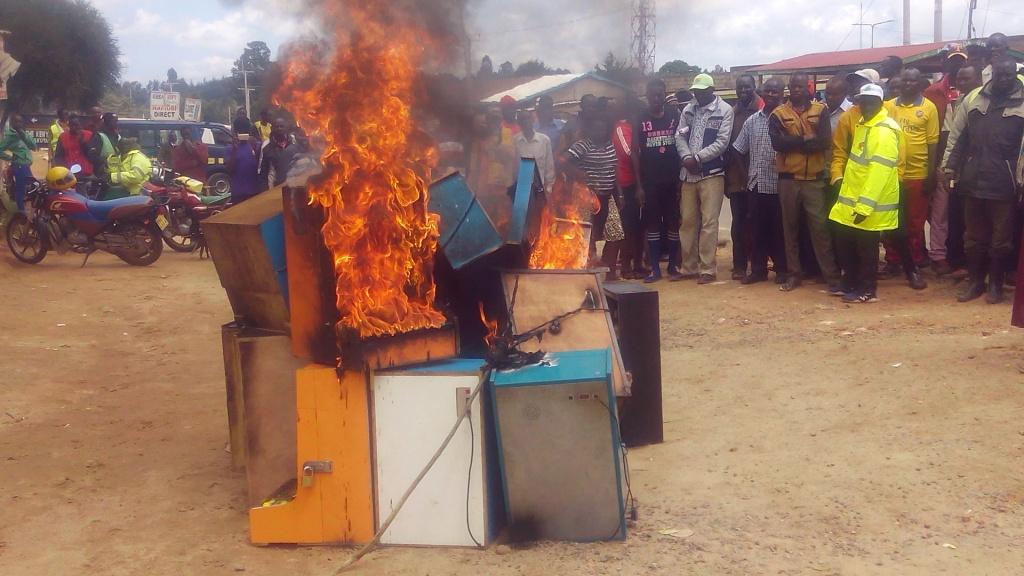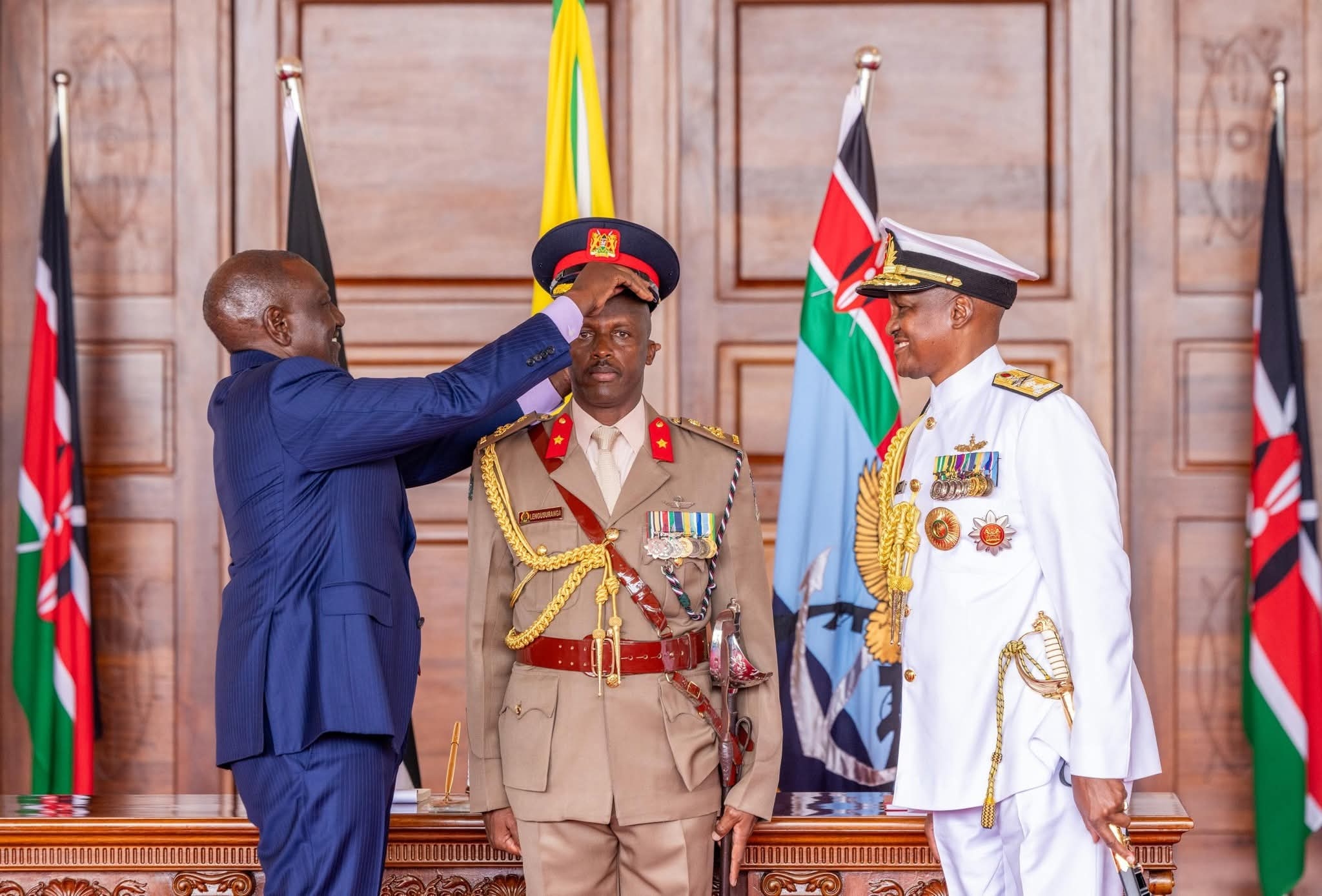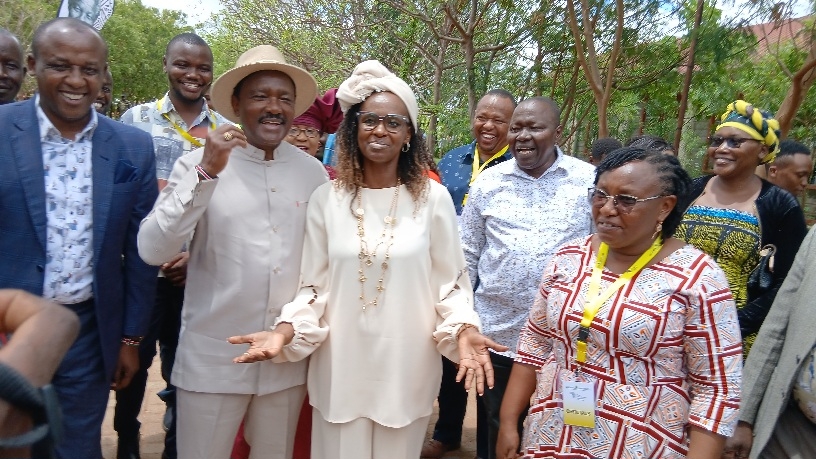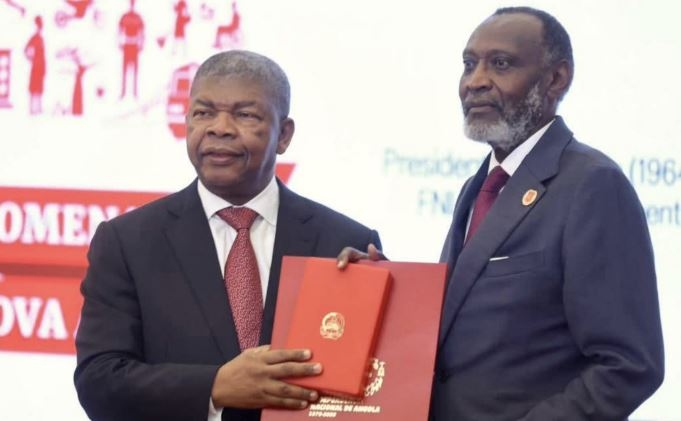

A few years ago, I reported on a court case at the Western Cape High Court, where a confessed problem gambler took a betting firm to court, complaining that the firm refused to uphold responsible gambling. He argued that this caused young people and others to become compulsive gamblers and addicts.
In his case, the man claimed that the betting firm had encouraged him to develop a gambling addiction, with free offers and betting vouchers.
The man had taken the matter to court after mediation between him and the firm, in which the firm paid him money, about a million shillings at the current exchange rate.
In that deal, the man would withdraw all complaints he had lodged against the firm with the various provincial authorities, including the Western Cape Racing and Gambling Board.
However, with the man being an inveterate gambler, this deal appeared to have no real effect.
The man claimed gambling had driven him to the edge of suicide, and he had almost lost his family. In his words: “The conduct of your business is damaging, and the money you threw at me didn’t fix my problem.”
I couldn’t help thinking about this case when I read on the KBC website that the Association of Gaming Operators in Kenya said it was “spearheading a set of proactive initiatives designed to shape the future of the gaming industry and protect innocent Kenyans from addiction to gaming”.
Agok brings together gaming operators in Kenya and is their mouthpiece when it comes to dealing with regulatory bodies and government authorities, including the Betting Control and Licensing Board.
Agok claimed they would do this in partnership with “government agencies, regulators and civil society”.
The association said its initiatives would include advocacy for tools such as time-out mechanisms, putting betting and deposit limits in place to ensure a healthy and controlled gaming behaviour among Kenyans.
It also acknowledges the complex challenges associated with gaming, particularly around mental health, addiction prevention and ethical standards, and that it takes these concerns so seriously, they are at the forefront of the association's agenda.
It all sounds very positive, progressive and proactively wonderful, except that I wonder if Agok’s plan is not a duplication of Parliament’s ongoing efforts to introduce a regulatory framework. This is being done through the draft Gambling Control Bill of 2023 and the draft National Lottery Bill of 2023.
Nevertheless, even if it is a duplication of efforts, it has to be better than the current situation. There are almost daily reports of Kenyans with severe gambling addictions, which, as in the case mentioned above, inevitably lead to financial distress, poor mental health and, tragically, suicide.
We must acknowledge that we are not going to stop gambling. So there is not much point in knee-jerk reactions as we usually have as Kenyans, which is to ban things that we find too difficult to understand or deal with. But we can and must mitigate the situation.
Frankly, I see this as a perfect battle to be fought using devolution. Instead of the Betting Control and Licensing Board sitting in the presidency, each of the 47 counties should have its own fully formed BCLB to handle the general and specific issues.
These devolved boards should be legally mandated to issue and monitor gambling and other betting activities within the county. They should also ensure that the betting firms registered in each county ensure that a certain percentage of their profits are ploughed back into local communities for the common good.
What I saw in the Western Cape, for instance, was that casinos and gambling businesses were typically required to propose preferred Corporate Social Investment initiatives when applying for a new licence. These initiatives typically became conditions of the licence when issued.
At a briefing to the Provincial Legislature in September last year, for instance, the Western Cape Racing and Gambling Board said it had facilitated a growing number of CSI commitments. They told the legislators that the Western Cape’s casinos have invested more than R115 million (about Sh789 million) “across a diverse range of social and charitable initiatives between 2016 and 2023”.
There’s a handy source of county revenue just there.

















